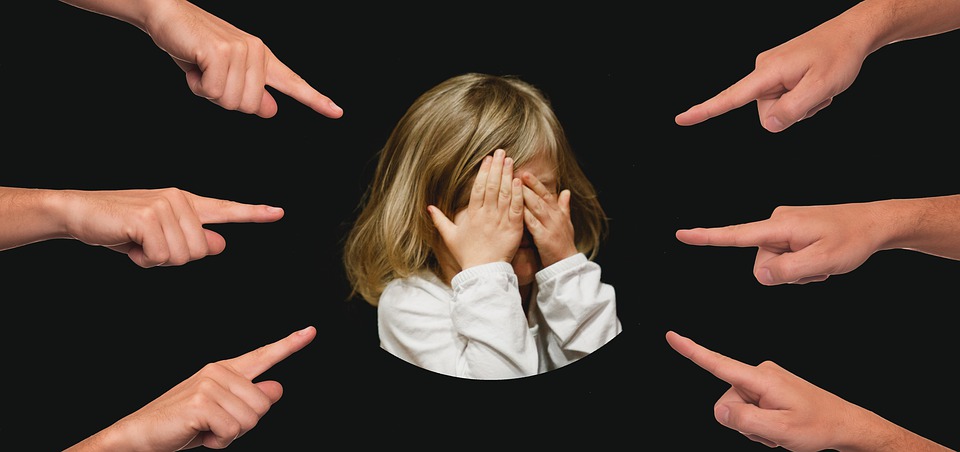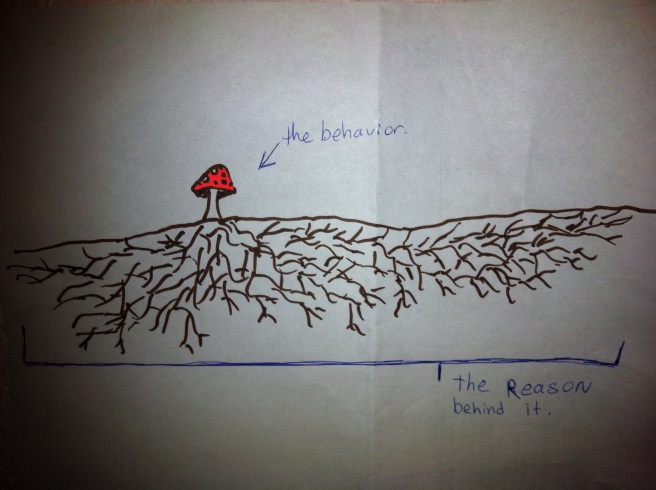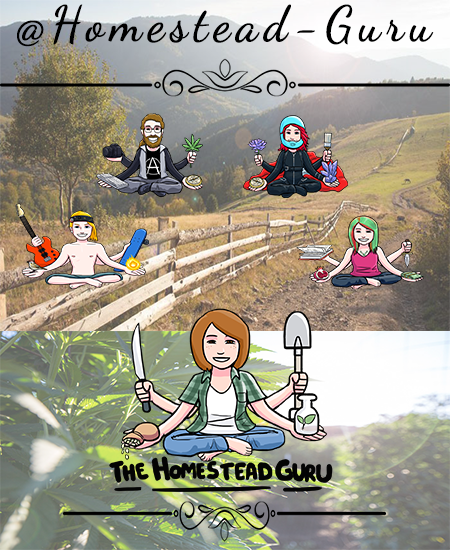I originally wrote this in 2012, when my children were much younger.
Gentle discipline. That sounds pretty progressive, right?
Not spanking or hitting children IS still a pretty progressive concept in our society (unfortunately). In my opinion, it’s disheartening that we’re still not collectively as a culture at the place where hitting kids is just accepted as absurd, archaic, and wrong for any reason…
But I digress. This article isn’t about discipline. It’s about the ways in which we are moving forward…slowly.
I’m obviously not the perfect parent (as if there is such a thing)–but I am willing to admit there’s still plenty of room for positive change.
One of the things–tools, if you will–that parents often turn to, or use more heavily, when they are working toward a more gentle way of relating to their kids, is using rewards and consequences.
“Hey, the kids did what I told them to, there was no yelling, hitting or spanking, and everything is great!”
Well, yes. But no.
There is much more going on with rewards and consequences than just the immediate behavior changes that are effected.
For many parents, the question of whether rewards and consequences “work” is rather a moot point.
We don’t care whether they “work”, because we are more concerned with the long-term behavioral and psychological consequences of using such techniques.

Incidentally, of course rewards “work”. Pavlov proved that with dogs in the 1890s.
Yet I deeply question the integrity of behaviorism when it’s applied to human beings.
Even very small children are beings who are intrinsically motivated to think critically and to make decisions based on internal judgments, not external carrots and sticks.
For more on this, please check out the book Unconditional Parenting, by Alfie Kohn.
The first chapter goes directly into behaviorism and why it’s not appropriate for parenting.
The thing is, the concepts of rewards and punishment are so ingrained in our culture and our thinking, that it’s hard to see how it might be damaging.
Think of it this way: We are putting out little fires again and again, instead of investing a lot of time and money to create a fire-resistant structure.
And we’re neglecting to notice all the little scorched spots adding up…
I am not merely interested in changing the day-to-day behavior of my kids–
–and I believe that that’s all rewards and punishments really do.
Behavior is really just a symptom of the way that the child is currently perceiving the world to operate.

Behavior is like a mushroom (incidental), while the essential substance of belief/worldview (which manifests behaviors of all sorts) is the mycelium–invisible, yet vast and essential.
Just stamping out the mushroom won’t get rid of the mycelium from which it sprung.
Punishing “bad’ behavior might get rid of the behavior, but punishment does not help the child to internalize why the behavior is being labeled as “bad”–WHY he shouldn’t do it.
When a kid is punished, he is learning that the adults around him don’t like when he does X, so he learns to avoid doing x when they’re around.
Or–perhaps just as bad–he learns that pleasing the people in his external world is what’s important in life, so he learns to dissociate from and subvert those parts of himself that are labeled as “bad” by the people around him.
He never learns to question why X is “bad” is the first place; what circumstances make X “bad;” or whether X is indeed “bad” at all.
Punishments create a worldview in which the child learns to look to others for what’s right and wrong, and critically thinking about WHY things are the way they are is not emphasized.
Even the laws of the land, ideally, are followed because they make sense, because there is (ostensibly) a rhyme and reason to them that the public generally agrees with.
We don’t all drive on the right side of the road solely because we’re afraid we’ll get a traffic fine or go to jail if we don’t.
Is this a stretch for you? It was for me, too, in the beginning.
There are plenty of things in life with natural negative consequences–we don’t need to arbitrarily create more of them to teach kids about actions having consequences.
If your child leaves his roller skates out in the rain, and they get mildewed, he will learn something from that without any additional negativity imposed by you.
He’ll have to scrub the mildew off, or the skates will need to be thrown out; he’ll have to save his money, or wait until you can buy another pair for him. He might miss out on skating with his friends for awhile, and so on.
Incidentally, this is not the same thing as you purposely cleaning up the rest of the yard but leaving his skates there to “teach him a lesson”.
There’s a line between natural consequences and on-purpose consequences–and you also don’t want to miss an opportunity to be nice to your child for the sake of niceness.
The world may be a cruel place, but you don’t have to be the one to reinforce that reality. The easiest way to teach your child kindness is by being kind to him.
Next time he might remember his roller skates, and choose to also bring your garden tools in along with his skates, just for the sake of niceness.
Think the best of your child–giving him the benefit of the doubt will teach him to do the same with others…eventually.
Check out the article on Steemit.com.





